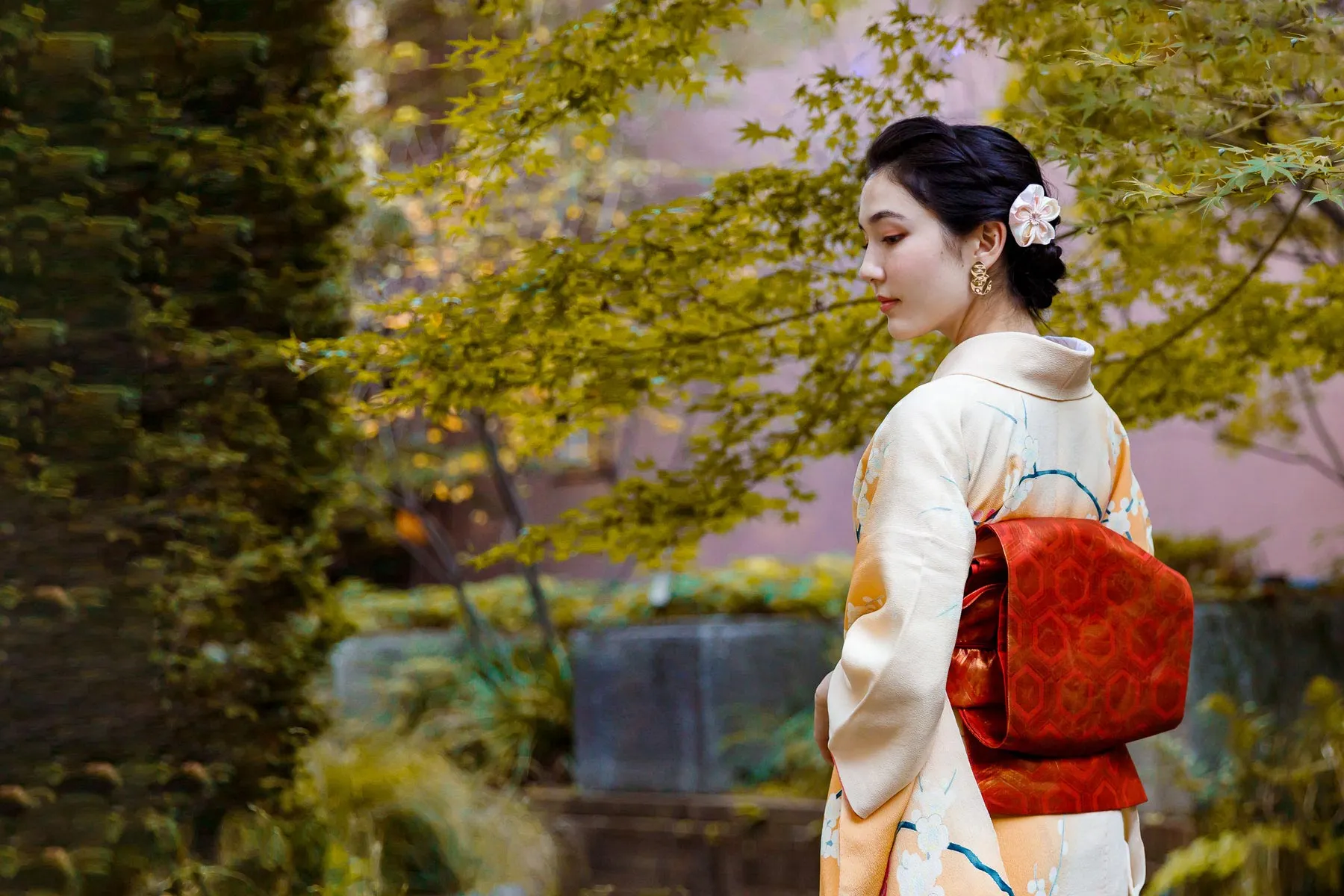People around the world think that Japanese people are kind, quiet, and polite. While they are, it’s important to remember that etiquette rules vary between cultures.
When addressing Japanese, it is important to use honorifics like “-san”. You also need to bow politely. Generally speaking, it’s best to do this when meeting someone new or leaving.
1. They are a collectivist society
Collectivism is a cultural mindset that prioritizes the needs of the community over those of the individual. It is often associated with East Asian societies, including Japan. This type of society emphasizes harmony and has a high social rank system, so it is not surprising that Japanese people are polite to those they consider superior to themselves.
For example, when speaking to someone higher in the social hierarchy, a Japanese person will use polite language and bow more deeply. They also respect their elders, and the basic pecking order places parents above children, teachers above students, and bosses above employees.
However, it is important to understand that a collectivist culture has its downsides. For instance, it can lead to an environment that is repressive of individuality and self-expression. In addition, it can cause a lack of trust between people in the same social group. This is particularly a problem in a multicultural society, where misunderstandings may occur because of differing upbringings and experiences. This is where the importance of direct communication comes into play.
2. They are a Buddhist society
With a population of over 126 million people Japan has some of the highest density in the world, it’s no wonder they need to get along with each other. As a result they have developed a number of cultural traditions based around Buddhism.
For example they have a strict honorific system where older students or workers are called “senpai” and the younger students or workers are called “kohai.” This isn’t to be uptight or formal, but rather a way of communicating that the kohai respects and thanks their senpai for their guidance.
Visit the below website to find out more about Japanese art and culture:
This is also evident in the way they treat their customers. They address them with the title “sama” which is roughly equivalent to sir or madam in English, and serve them with the utmost respect and reverence. Even the cashiers wear uniforms that show this level of respect for their customers. This is something that we all should aspire to achieve.
3. They are a conservative society
The idea of conservation is at the heart of many Japanese cultures. This means that they are very careful with their resources and want to keep things as they are. This also explains why they are so polite, as they want to show that they are a developed and refined culture.
Japan is also very risk averse and this explains why they are so polite. They don’t like to argue or express anger in public and this is a sign of their politeness. In addition, they are very formal with people who are older than them. This can be seen in schools where younger students are often very polite to their elders, even if they are only a year or two older than them.
As a result of this, they can be slow to make decisions and prefer to build consensus before making a decision. This can be a good thing but it does mean that they can sometimes take a long time to make changes. They are also very reluctant to acknowledge their role in World War Two and have a strong sense of unfinished business.
4. They are a monochrome society
A society is defined by the values and norms that it holds. The Japanese have a very strong sense of culture and identity. They have very few offensive words in their language which pertain to the bodies of humans and animals as compared to Western languages such as English.
Another reason why the Japanese are polite is because they are a monochrome society. This means that their values and beliefs are very similar to one another. They do not accept outside influences as easily as some other cultures such as the USA. This creates a more homogenous society where everyone has the same core beliefs and values which in turn makes it easier to understand their culture.
This is why you will not see many people eating in public or cigarette butts on the curb in Japan. It is a very clean country where everyone respects their surroundings and follows a principle called mottainai which basically means nothing goes to waste. Even when they are out at a restaurant or bar they will put their trash in a bin so that it does not mess up the environment.
5. They are a progressive society
Japanese culture is a unique blend of traditional and modern practices. It is the only country in Asia where you could find a society that respects traditions while also accepting the changes brought by modernity. This is evident from the way they dress, eat and talk. Their social conducts are dictated by their cultural beliefs and the values they have learned from their elders.
Unlike the oligarchs of the Meiji era, supporters of the Popular Rights Movement envisioned a constitutional government that would reflect democratic principles like the popular sovereignty principle. This helped to establish a tradition of legitimate political dissent.
These reforms paved the way for Japan to become an international leader in Asia. However, the absence of meaningful political competition undermines Japan’s democracy by encouraging citizen passivity towards a politics that seems incapable of change and dulling legislative deliberations. In this context, the decline of the LDP’s dominance is a warning sign. It is important that Japan’s political system adapts to the realities of globalization, so it does not lose its distinctive qualities that make it a model for democracy.

